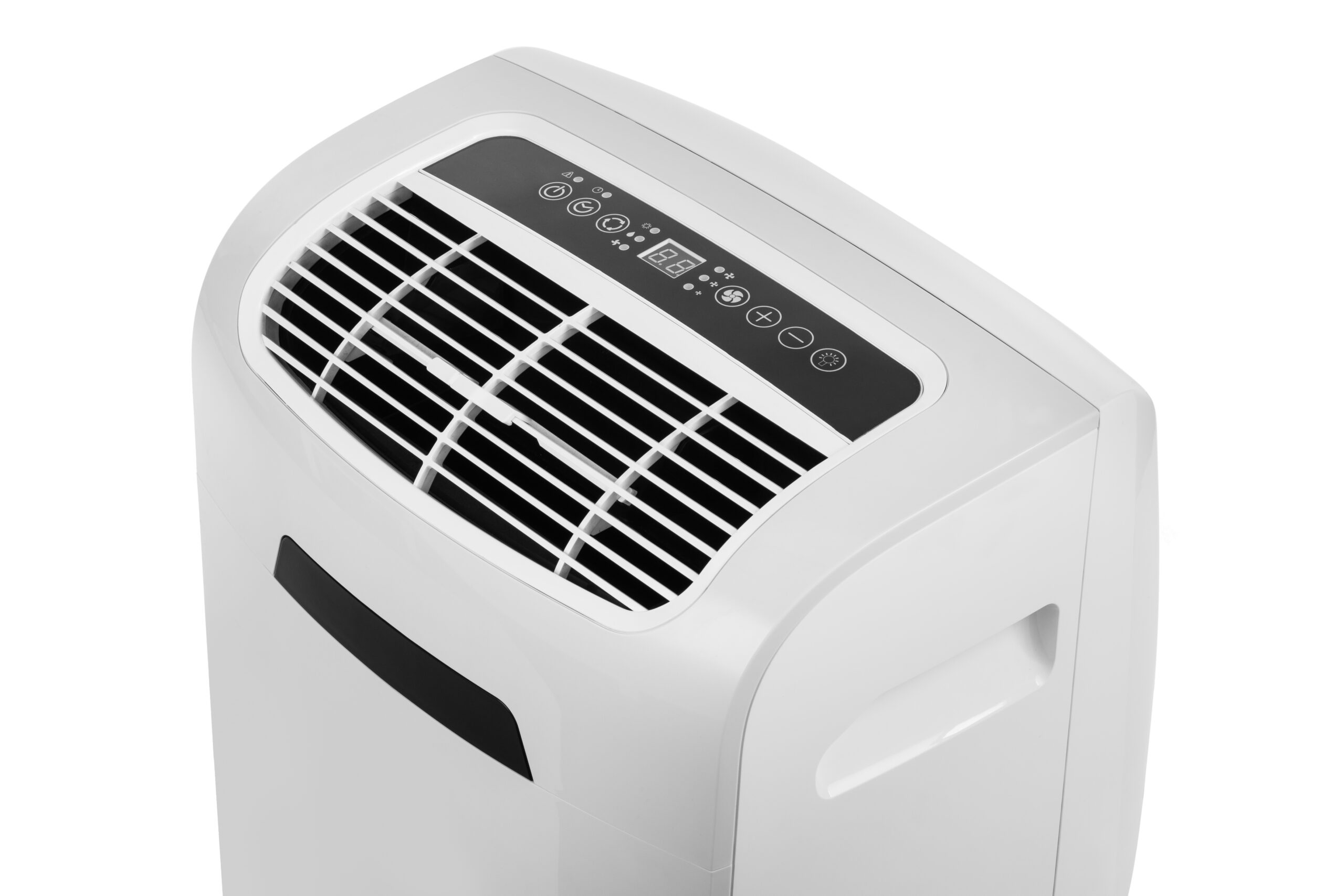When the summer heat strikes, many homeowners and renters turn to portable air conditioners as an alternative cooling solution. But the question remains: do portable air conditioners work effectively enough to justify their cost and convenience? These compact cooling units promise to deliver relief without the need for permanent installation, making them a popular choice for those seeking flexibility. However, like any appliance, their performance depends on various factors, including room size, unit capacity, and environmental conditions.
In this comprehensive guide, we'll delve into the mechanics of portable air conditioners, their advantages and limitations, and how to select the best one for your needs. We'll also explore whether these units are worth the investment and provide tips for maximizing their efficiency. By the end of this article, you'll have a clear understanding of whether portable air conditioners are the right fit for your cooling requirements.
From energy efficiency to noise levels and maintenance requirements, we've got all the bases covered. Whether you're considering purchasing your first portable AC unit or simply curious about how well they perform, this guide will answer all your questions and dispel common myths. So, let’s dive in and uncover the truth behind portable air conditioners!
Read also:The Ultimate Guide To Flee The Facility Tips Strategies And Insights
Table of Contents
- How Do Portable Air Conditioners Work?
- Advantages of Portable Air Conditioners
- Limitations of Portable Air Conditioners
- Are Portable Air Conditioners Energy Efficient?
- What Is the Cooling Capacity of a Portable Air Conditioner?
- Do Portable Air Conditioners Work for Large Rooms?
- How to Choose the Right Portable AC for Your Space
- Do Portable Air Conditioners Require Ventilation?
- How to Maintain a Portable Air Conditioner
- Portable AC vs Window AC: Which Is Better?
- Common Misconceptions About Portable Air Conditioners
- Can Portable AC Units Be Used in All Climates?
- How to Improve the Efficiency of Your Portable AC
- Frequently Asked Questions
- Conclusion
How Do Portable Air Conditioners Work?
Portable air conditioners operate on a similar principle to traditional air conditioning systems: they extract heat from the air within a room and expel it outside. These units are self-contained and include all the necessary components within a single housing, making them easy to move from one room to another. Here's a breakdown of their operation:
- Air Intake: The unit draws in warm air from the room.
- Cooling Process: The air passes over a coil filled with refrigerant, which absorbs the heat and cools the air.
- Moisture Removal: Many portable AC units also dehumidify the air during the cooling process.
- Heat Exhaust: The extracted heat is expelled outside through a vent hose, which is typically installed in a window or wall.
Understanding these basic functions can help you evaluate whether a portable air conditioner will meet your cooling needs effectively.
Advantages of Portable Air Conditioners
Portable air conditioners offer several benefits that make them an attractive option for many households. Here are some of the key advantages:
1. Easy Installation
Unlike traditional AC units that require professional installation, portable air conditioners are straightforward to set up. Most models come with a window kit for venting the exhaust, and the entire process can be completed in under an hour.
2. Mobility
The portability of these units allows you to move them from one room to another with ease. This is especially beneficial for renters or those who want to cool specific areas of their home without installing multiple units.
3. No Permanent Alterations
Since portable ACs don't require permanent installation, they're ideal for apartments or rental properties where modifications to the structure are not allowed.
Read also:Embracing The Essence Of Sigma Rizz A Comprehensive Guide
4. Dual Functionality
Many portable air conditioners also function as dehumidifiers, making them a versatile option for controlling both temperature and humidity levels.
Limitations of Portable Air Conditioners
While portable air conditioners are convenient, they do come with some drawbacks. Understanding these limitations can help you make an informed decision:
1. Cooling Capacity
Portable AC units are generally less powerful than their window or central counterparts. They are best suited for smaller spaces and may struggle to cool larger rooms effectively.
2. Noise Levels
Since all components are housed within a single unit, portable air conditioners can be noisier than other types of AC systems.
3. Ventilation Requirements
Proper ventilation is crucial for portable air conditioners to work efficiently. The exhaust hose needs to be vented outside, which can limit placement options.
4. Energy Consumption
Portable air conditioners can be less energy-efficient compared to other cooling solutions, leading to higher electricity bills over time.
Frequently Asked Questions
- Do portable air conditioners work without a window? While most units require a window for ventilation, some models can be vented through walls or sliding doors.
- Are portable air conditioners energy-efficient? Their efficiency depends on the model and how well the space is insulated.
- How often do I need to drain the water from a portable AC? This varies by model; some units are self-evaporating, while others require manual draining.
- Can I use a portable AC in a room without ventilation? Ventilation is necessary for expelling hot air; without it, the unit won't cool effectively.
- How long do portable air conditioners last? With proper maintenance, a portable AC can last 5–10 years.
- Do portable air conditioners cool as well as window units? Generally, window units have better cooling performance, but portable ACs offer greater flexibility.
Conclusion
In summary, portable air conditioners are a versatile and convenient cooling option for those looking to beat the heat without investing in permanent installations. While they may not match the power and efficiency of larger systems, they can effectively cool small to medium-sized rooms when used correctly. By understanding their strengths and limitations, you can make an informed decision about whether a portable air conditioner is the right choice for your home.
Article Recommendations

